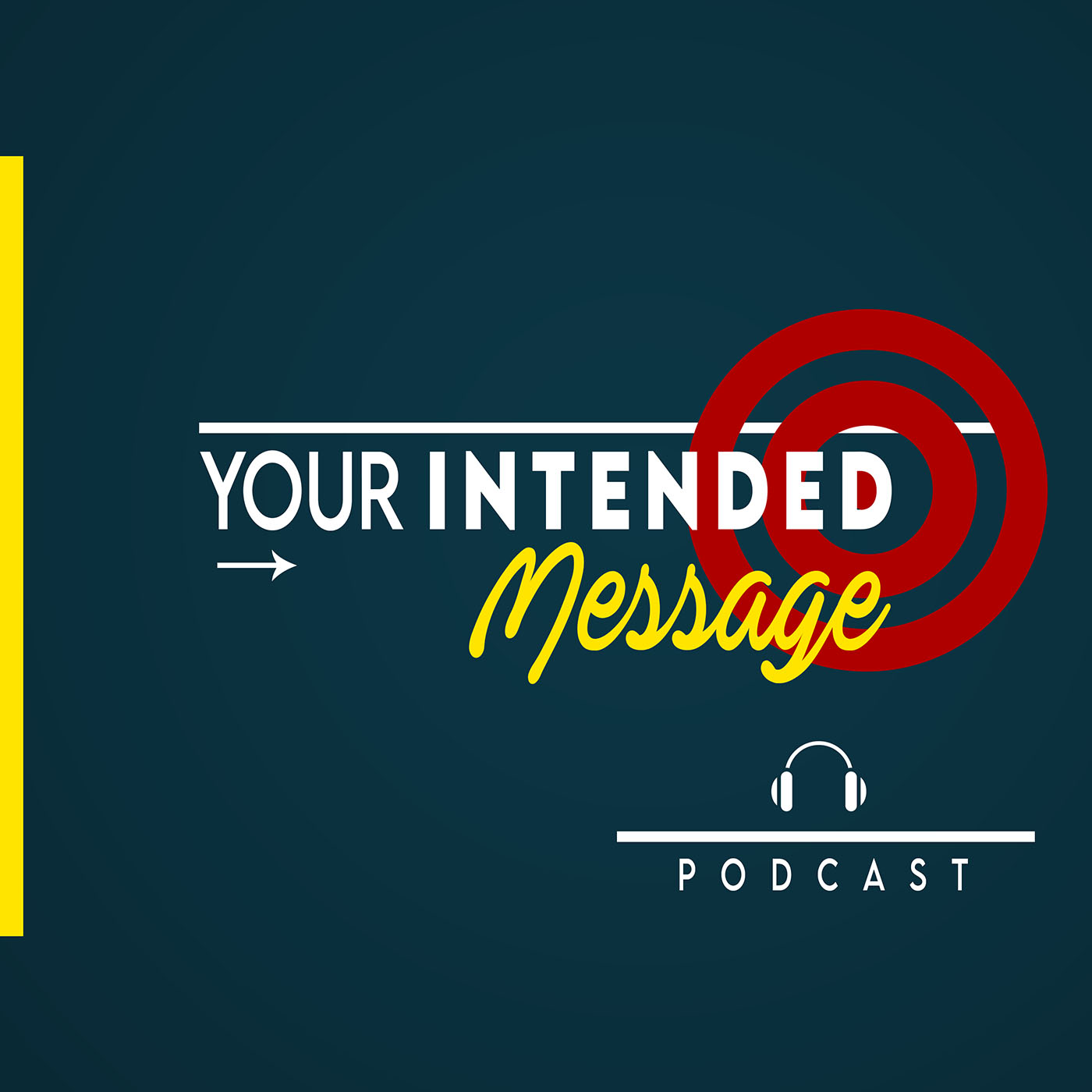
Episode 167 (Mark is based in Toronto, Canada)
In this conversation with Mark Ellwood we explore:
About our guest Mark Ellwood:
Mark helps organizations develop their strategic plan. He serves as facilitator, trainer, team builder and time study consultant.
He is an inventor, a poet and a keen puzzle solver.
Learn more about Mark and his services at
-----
Excerpts from this conversation with Mark Ellwood:
Mark, we're going to take a look at what some people hate about business, and how to make it better. And that thing we hate is called meetings. Where do you come across a meeting? Should we have more meetings, Less Meeting shorter meetings, longer meetings? What the heck can we do at these meetings,
We should have effective meetings, you know, you mentioned my sports. In the beginning, I was thinking about my son, who trains incredibly hard to, you know, rowing regatta and rowing races, like five minutes or so. And he really trains hard for that.
How much training we do, or do we do for a meeting that lasts an hour or an hour and a half? Not much at all.
And so the advantage of a meeting is you're bringing all these different people together, we've got different backgrounds and training and input and so on. And that's also the disadvantage, they all bring their own agendas or their own points of view.
And that's why people have trouble with meetings, because all these different personalities. Whereas if you can get them to work, well, then you're on your way.
And we talk about your intended message. And part of that is communicating well during the meeting, so that you're not going astray all over the place, I do have a definition of a meeting the purpose of a meeting, and people go, you know, what are we doing the weekly meeting updates this and that, and so on.
I have studied this for many years, my definition of the purpose is quite simple. It's to convene stakeholders to make decisions that lead to action,
When you have that focus on decisions and action that gives a focus to your meeting. Now, there's a couple of exceptions, safety meetings and daily hubs and so forth. But for the most part, that will make our meetings more efficient.
-----
----more----
Your host is George Torok
George is a specialist in executive communication skills. That includes conversation and presentation. He’s fascinated by way we communicate and influence behaviors. He delivers training and coaching programs to help leaders and promising professionals deliver the intended message for greater success.
Connect with George
www.SpeechCoachforExecutives.com
https://www.linkedin.com/in/georgetorokpresentations/
https://www.youtube.com/user/presentationskills
https://www.instagram.com/georgetorok/

 Logic vs Emotion in Marketing: Brian Kurtz Breaks it Down
Direct Mail Discipline in the Age of Email Marketing
Over Deliver: Building a Bu
Logic vs Emotion in Marketing: Brian Kurtz Breaks it Down
Direct Mail Discipline in the Age of Email Marketing
Over Deliver: Building a Bu
 Why People Don't Hear What You Meant to Say?
The Static in Your Message
How Unintended Signals Sabotage Communication
Episode
Why People Don't Hear What You Meant to Say?
The Static in Your Message
How Unintended Signals Sabotage Communication
Episode
 Hollywood Storytelling Secrets: Michael Hauge
Why Facts Don’t Persuade: Stories Do
How to Tell Business Stories That Create Em
Hollywood Storytelling Secrets: Michael Hauge
Why Facts Don’t Persuade: Stories Do
How to Tell Business Stories That Create Em
 Build Trust Fast: Lessons from a War Zone Spy: JJ Brun
Communication Techniques from a Retired Spy
Why Deception Fails: The Rule for Ra
Build Trust Fast: Lessons from a War Zone Spy: JJ Brun
Communication Techniques from a Retired Spy
Why Deception Fails: The Rule for Ra